The world of ESG has evolved rapidly over the last 20 years. More than 90% of S&P 500 companies published sustainability reports in 2021, compared to 45% in 2002. Alongside this trend, multiple data providers have developed offerings assessing the ESG performance of these companies.
While the progress in transparency around ESG practices is substantial, certain questions remain around the applications of such information. The reason is that the plethora of ESG metrics make the assessment and comparison of real impact across companies and sectors nearly impossible. Are water withdrawals of 280 billion liters [1] significant in terms of environmental impact? How does that compare with a data breach affecting more than 400,000 customers [2] or with a 20% reduction in plastic packaging of a key product line?
One might argue that such comparisons are impossible given the vast differences across sectors and business models. But the reality is that we do have ways to compare fundamentally different businesses. The prevalent accounting frameworks have allowed standardization, irrespective of what the business model is, or how the operations of a firm are structured. Comparisons have been made possible by using revenues, market capitalization, gross margins, and other financial metrics.
Similarly, one could convert ESG issues to monetized impacts, or impact-weighted accounts. Impact-weighted accounts are line items on a financial statement, such as an income statement or a balance sheet, supplementing a company’s financial performance to reflect their positive and negative impacts on employees, customers, the environment and broader society [3]. Impact monetization is by no means a new concept, various economic and political actors are now adopting a cost of carbon in their decision-making.
Applying a similar logic to systematically monetize environmental, employment and product impacts across every industry of the economy is a very challenging endeavor. However, the ability to do this at scale would allow investors to move from the world of engineering (liters of water withdrawn) and cybersecurity (data breaches) to the world of finance (positive and negative impact per dollar of revenue). Monetized impacts could also help investors measure if companies are truly profitable or not. Research from our co-founder George Serafeim found that in the years Lufthansa and American airlines reported healthy profits, accounting for their environmental costs would have made both companies unprofitable.[4] While his research then focused on environmental impacts, we at RGS observe similar trends when looking into an extended dataset of impacts resulting from companies’ products and services.
I strongly believe impact transparency is the next stage in the maturity of ESG information. We now have a good understanding of the key ESG issues across industries. The next step is to calculate the real impact these issues have on society and the environment.
Investors, managers, consumers, employees and other stakeholders need impact weighted accounts to benchmark companies, decide where to invest, which products to buy and where to potentially work. There will always be critics, arguing about how to accurately capture the monetary effects of these impacts (we still haven’t settled on one cost of carbon!). Yet, if the goal is to bring transparency into corporate impacts and establish a generally accepted way to compare them across companies, this shouldn’t be the focus. Critics also expressed skepticism at the possibility of standardizing how firms report their financial accounting in the 1930s. These generally accepted accounting principles are now used globally. When it comes to impact and ESG, perfect shouldn’t be the enemy of the good.
[1] CocaCola Company, 2020
[2] British Airways 2018 Cyberattack
[3] https://www.hbs.edu/impact-weighted-accounts/
[4] https://hbr.org/2020/09/how-to-measure-a-companys-real-impact



